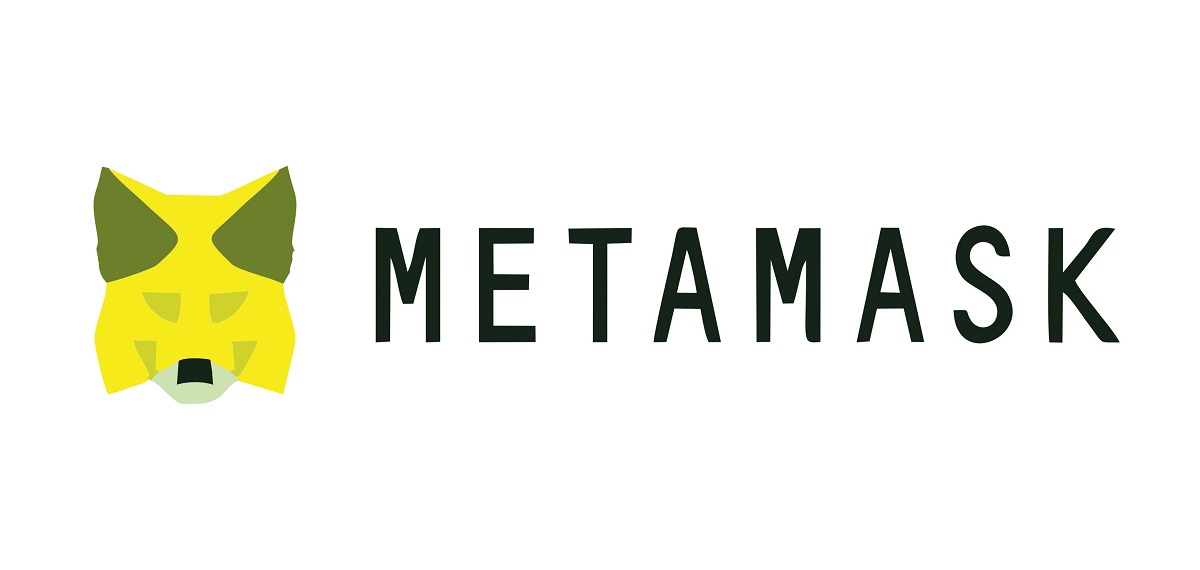Popular Ethereum-based cryptocurrency wallet MetaMask will now run an Ethereum validator node for users looking to stake 32 ETH in a new feature released on January 18. In this new arrangement, MetaMask sets up and manages validator nodes for qualification through the MetaMask portfolio. Wallet users.
With the new feature (Stake-as-a-Service), users who want to verify transactions on the Ethereum blockchain no longer need to have expensive hardware or technical expertise to set up a validator node. MetaMask Portfolio, a wallet dApp for asset management.
The new service has been hailed as innovative by many observers, but has also been criticized for being expensive. MetaMask promises returns of 3.8% per annum, but its 10% fee on rewards may be worth reconsidering.
What is Ethereum Validator Staking?
The transition from Proof of Work (PoW) to Proof of Stake (PoS) brought benefits and changes to the Ethereum blockchain transaction structure. While proof-of-work protocols rewarded miners for providing solutions to complex mathematical problems, proof-of-stake works differently, instead rewarding node validators who build and verify blocks on the blockchain.
Setting up a validator node on the Ethereum blockchain requires a powerful computer with sufficient RAM and SSD storage, and a stake of 32 ETH for every validator node you create. Setting up and maintaining a node is a relatively technical step and may require several hours of learning for the average individual.
On the other hand, MetaMask’s new validator staking feature allows users to deposit a 32 ETH fee and leave the rest to MetaMask to manage through Consensys Stake without any upfront costs for maintenance or server rental. When a user earns, MetaMask takes a 10% cut from the promised reward of 3.8%, maintaining a decent ROI anyway.
What is MetaMask promising?
Services are provided through the MetaMask portfolio platform, but the company outsources staking services to Consensys Stake, a dedicated Ethereum self-managed staking platform. With a track record, potential users have nothing to fear from the proposed staking-as-a-service approach.
Consensys Stake currently operates 33,000 Ethereum validator nodes, with a total value of staked ETH tokens of approximately $2 billion. The platform also boasts over 2 years of hosted Ethereum staking experience with no slashes (no penalties for power outages or extended internet downtime).
These arguments make Consensys a better option than self-hosting Ethereum validator nodes from an efficiency standpoint. This is because it is difficult to keep a computer running for more than two years without power outages or errors.
In addition to a few promises, MetaMask promises that users will be able to control the ETH they stake every step of the way. This means that users can withdraw funds and stop staking at any time without going through an exchange first, making it technically a self-managed staking solution.
The convenience of being able to set up a validator node in a few clicks without having to buy a new computer by simply linking your wallet to the MetaMask portfolio and staking 32 ETH directly is another interesting promise that cryptocurrency exchanges have that may appeal to non-experts. Technical cryptocurrency enthusiast.
Observer-Ethereum validator staking centralizes the blockchain
While the new feature was well-received by critics, observers criticized it for going against the spirit of cryptocurrencies (generally). Democratizing staking is a good thing, but it weakens the decentralization of cryptocurrencies by centralizing most of the staking infrastructure, co-opting operators like Consensys Stake and Lido.
Consensys Stake currently controls only 4% of all Ethereum validator nodes, which is small enough to be a threat, while its biggest competitor, Lido, controls around 40%. There are currently more than 9.3 million ETH worth over $22.9 billion at stake in Lido, the Ethereum verification central bank that could potentially impact the integrity of the validator model.
The growing popularity of stake-as-a-service platforms among Ethereum holders threatens the integrity of the proof-of-stake protocol. This is because it centralizes validator nodes, which goes against the spirit of cryptocurrency.
Since blockchain appears to be immune to overt centralization, the growth of staking-as-a-service platforms is unlikely to slow down anytime soon.

